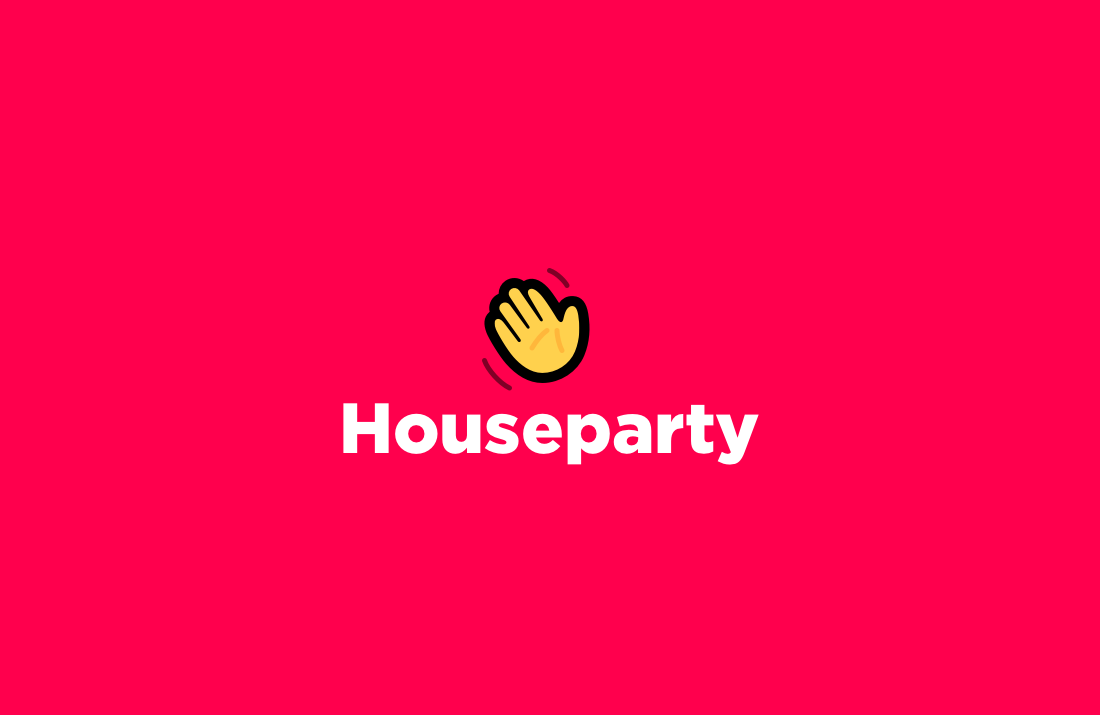
With the app Houseparty you can meet friends via video chat, talk and play games together. The app is especially popular with young people in times of Corona when they can’t meet as usual. However, there is also criticism of the app.
About Houseparty you can meet online. The name comes from the fact that a party is simulated at someone’s home. In the process, everyone has their own room, which can be joined by up to eight friends who have previously been added to the friends list. Friends can be sent text messages or short video snippets (like on Snapchat), and of course you can video call each other.
The app is not just a video conferencing tool, but also allows you to play games with each other while making video calls. There are free and paid games.
Meeting via video chat, seeing each other virtually, chatting with each other, exchanging funny videos and playing games is better than if you could only talk on the phone – especially in times of contact bans.
The design of the app is youth-friendly unlike other apps with video conferencing feature like Whatsapp or Skype, which adults also use. At Houseparty young people are among themselves. Houseparty can also be combined with the app Snapchat, which is popular among young people. Besides, the games at Houseparty are specially designed for teenagers.
There are concerns about the privacy of the users. In principle, anyone and everyone can enter the virtual rooms once they have been added as a friend. However, people added by friends can also be added easily, even if you haven’t added them yourself in the app. So it could be that young people are deliberately deceived in order to gain access to them. It is also possible to have other apps capture the screen and save it as a video.
Also the
Privacy
of Houseparty is problematic. The American company Life on Air, Inc. shares users’ data with Facebook and other services. Data protection regulations, as they exist in Europe, play only a subordinate role in the app.
Houseparty also offers in-app purchases and thus
cost traps
on. Not all games are available for free. The games are often not expensive, but if, for example, friends have a game, then the pressure to buy it quickly arises, so as not to be excluded when playing together.
There are several functions within the app to protect users: The “Report” function can be used to report people who behave inappropriately. By means of “Block” you can also block annoying users, so that they can no longer contact you. You can set who is allowed to see that you are currently using the app via “Notifications”. The “Private mode” prevents guests who are not invited from entering the room. With “Permissions” you can disable the app from accessing the internal contacts on the phone and connecting to Facebook.
In the guidelines, the provider briefly and succinctly explains the rules that apply at the party in a way that is appealing to young people: For example, there is a brief warning not to take your clothes off or bully others.
It is important to talk to your son or daughter about using Houseparty. Make settings together and point out features. The “private mode” is particularly important here, as it prevents unwanted people from joining the room. In this context, also address the issue of cybergrooming. It is important that young people know that there are adults who have bad intentions in the digital space as well. In addition, the topic of data protection should be addressed. On the one hand, this is about turning off the “permissions” and on the other hand, it is about discussing in general that not everything should be shown or said in front of the camera, because you never know who will eventually get the data.